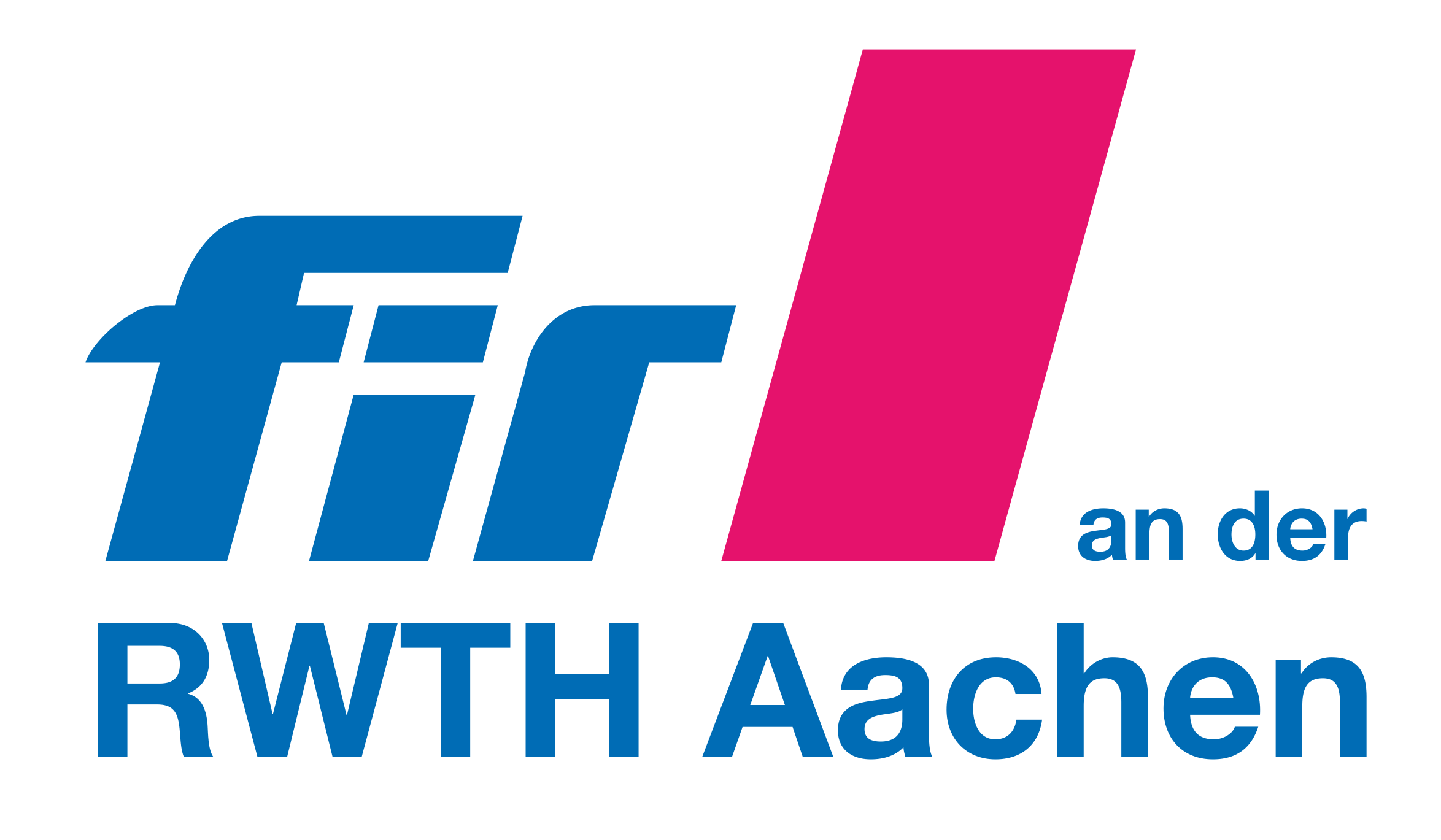DRivE
Data-based route planning in road freight transport with different energy supply technologies

The aim of the 'DRivE' research project is to develop the technical prerequisites for eco-efficient, data-based long-distance truck transport with alternative drive systems (open to all technologies). Disadvantages of alternative drives in terms of network density of charging / refueling infrastructure as well as lack of range are to be compensated by data-based vehicle transfers. To this end, real-time data from charging / refueling infrastructures and vehicles will be integrated into route planning. The solution, including the infrastructure, is to be pilot-tested on a connecting route between the German lignite mining regions.
Initial situation
Trucks cause around 10 % of global CO2 emissions. In order to achieve the climate targets, long-distance tours will also have to be carried out with alternative drives in the future. However, a major obstacle to this is the lack of transparency regarding available charging / refueling infrastructure and the range of the vehicles, as well as the associated concern about detours or waiting times in the transport business.
Solution approach
The following steps are planned to achieve the goal:
- Requirements analysis (market, competition, vehicles, infrastructure, software)
- Technical specification and modeling (network, vehicles, infrastructure, processes, data, transactions, roles, algorithms)
- Agile development (data acquisition on vehicles and infrastructure elements, implementation of algorithms, interfaces and user interfaces)
- Business model development (profitability, sustainability, risk)
- Pilot-type application in field trials (use cases) - primarily in the German lignite mining regions
Expected result
Transport companies can also use vehicles with alternative energy supplies (e.g. batteries, hydrogen, LNG) in long-distance transport without having to accept logistical disadvantages (e.g. detours, waiting times). This will lay an important foundation stone for accelerating the mobility revolution in long-distance transport.
Benefits for the target group
Route planning for commercial vehicles with alternative drives that includes real-time data on available charging/fueling infrastructure and vehicle condition increases planning reliability for transport companies. In the project, this data-based route planning is designed to be open to technology and implemented on a pilot basis. This will reduce the barriers for transport companies to invest in environmentally friendly drive technologies for commercial vehicles.
Project partners
Branch
- Machinery and Plant Engineering
Topic Area
- Service Management
- Production Management
Research Focus
- Service Excellence
JRF Guiding Topic
- Cities & Infrastructure




